Introduction to Fluorescence Sensing: Volume 1: Materials and Devices 3rd ed. 2020 Edition by Alexander P. Demchenko
HARDCOVER
[657 pages]
PUB:January 18, 2021
Description
This book provides systematic knowledge of basic principles in the design of fluorescence sensing and imaging techniques together with critical analysis of recent developments. Fluorescence is the most popular technique in chemical and biological sensing because of its ultimate sensitivity, high temporal and spatial resolution and versatility that enables imaging within the living cells. It develops rapidly in the directions of constructing new molecular recognition units, new fluorescence reporters and in improving sensitivity of response up to detection of single molecules. Its application areas range from control of industrial processes to environment monitoring and clinical diagnostics. Being a guide for students and young researchers, it also addresses professionals involved in active basic and applied research. Making a strong link between education, research and product development, this book discusses prospects for future progress.
| Weight | 2.6 lbs |
|---|---|
| Dimensions | 1.44 × 9.21 × 6.14 in |
| ISBN-10 | |
| Author | |
| Format | |
| Language | |
| Publication Date | |
| Publisher |
Be the first to review “Introduction to Fluorescence Sensing: Volume 1: Materials and Devices 3rd ed. 2020 Edition by Alexander P. Demchenko”
You must be <a href="https://webdelico.com/my-account/">logged in</a> to post a review.

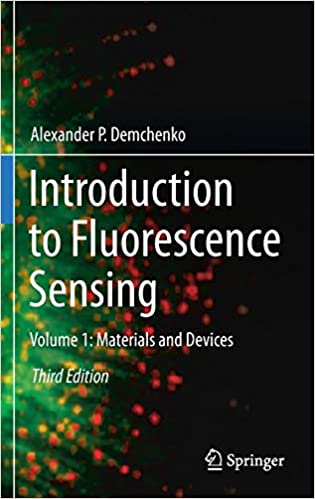




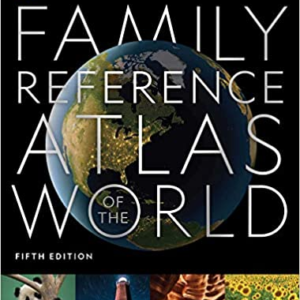
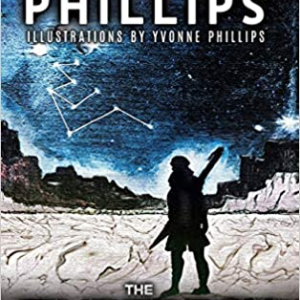




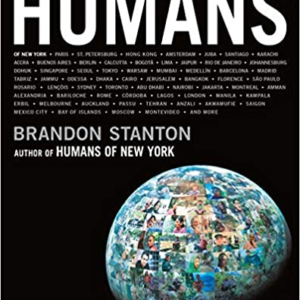



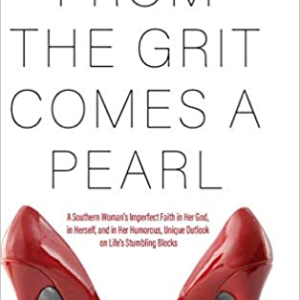











There are no reviews yet.